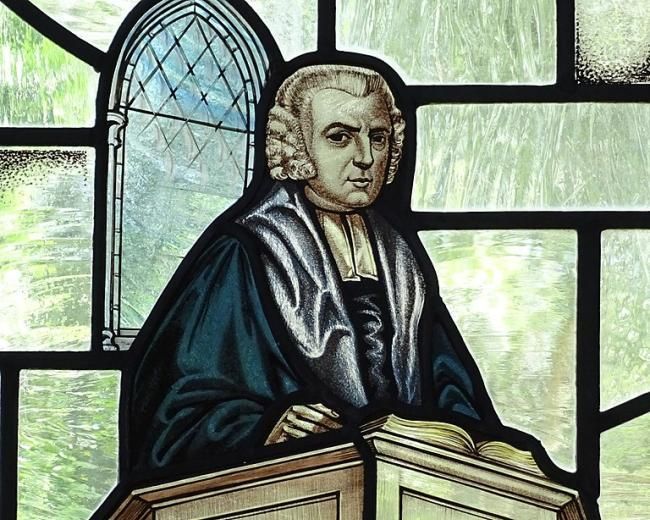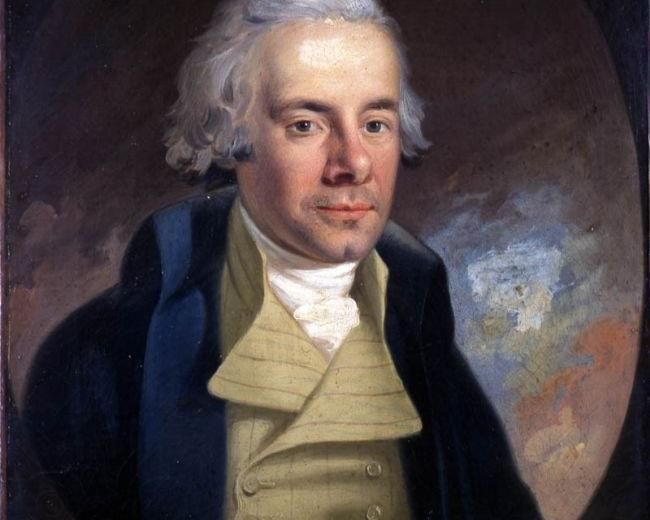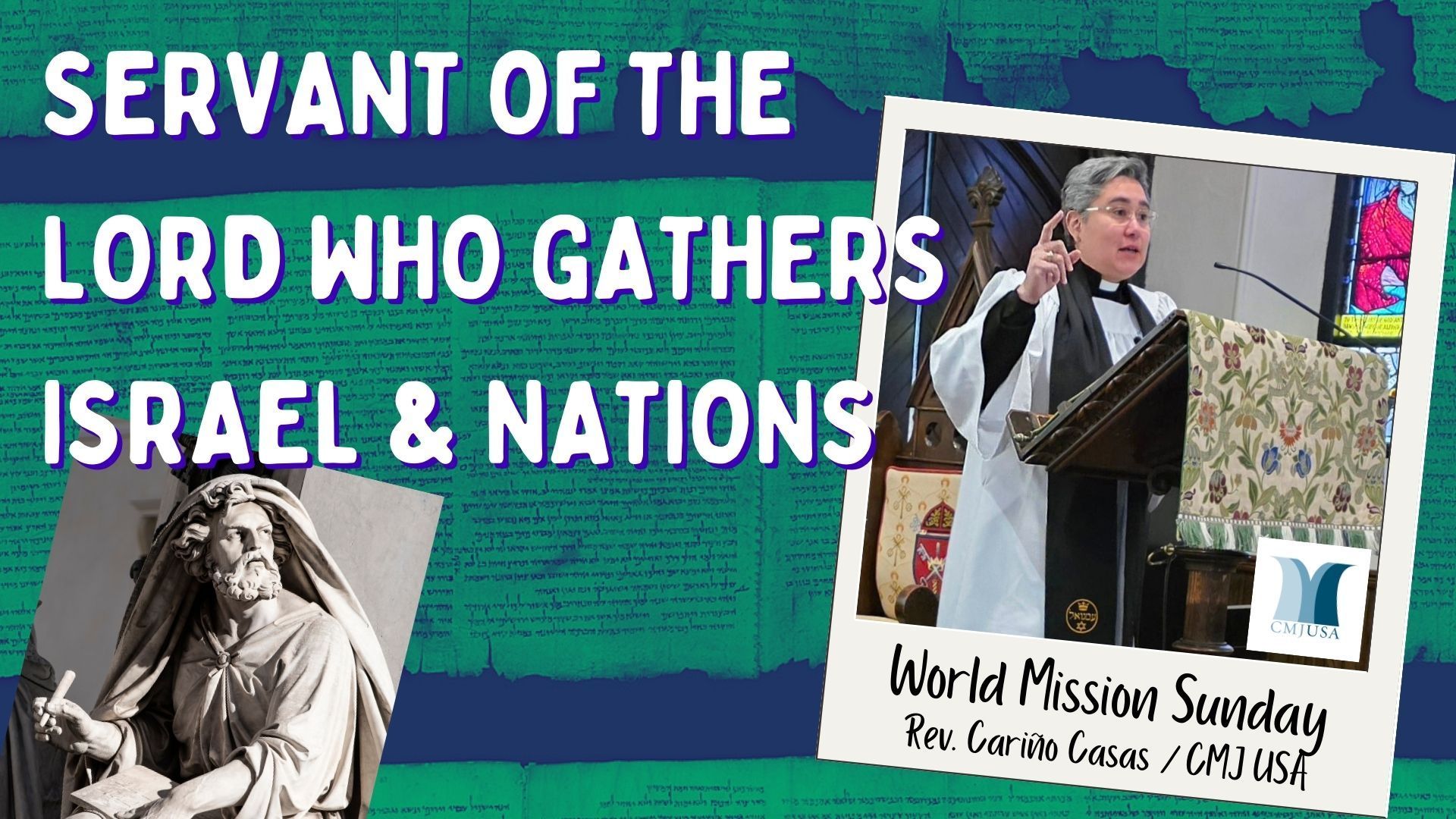Saved from shipwreck in a furious storm at sea after praying for mercy, Newton duly became a key witness in the long campaign for the abolition of slavery led by William Wilberforce. Wilberforce also experienced a powerful conversion to Christ and was considering a pulpit ministry when Newton persuaded him to stay in politics where he was to become hugely influential in the major issues of the day – including the place of Israel in the world.
Saved from shipwreck in a furious storm at sea after praying for mercy, Newton duly became a key witness in the long campaign for the abolition of slavery led by William Wilberforce. Wilberforce also experienced a powerful conversion to Christ and was considering a pulpit ministry when Newton persuaded him to stay in politics where he was to become hugely influential in the major issues of the day – including the place of Israel in the world.





